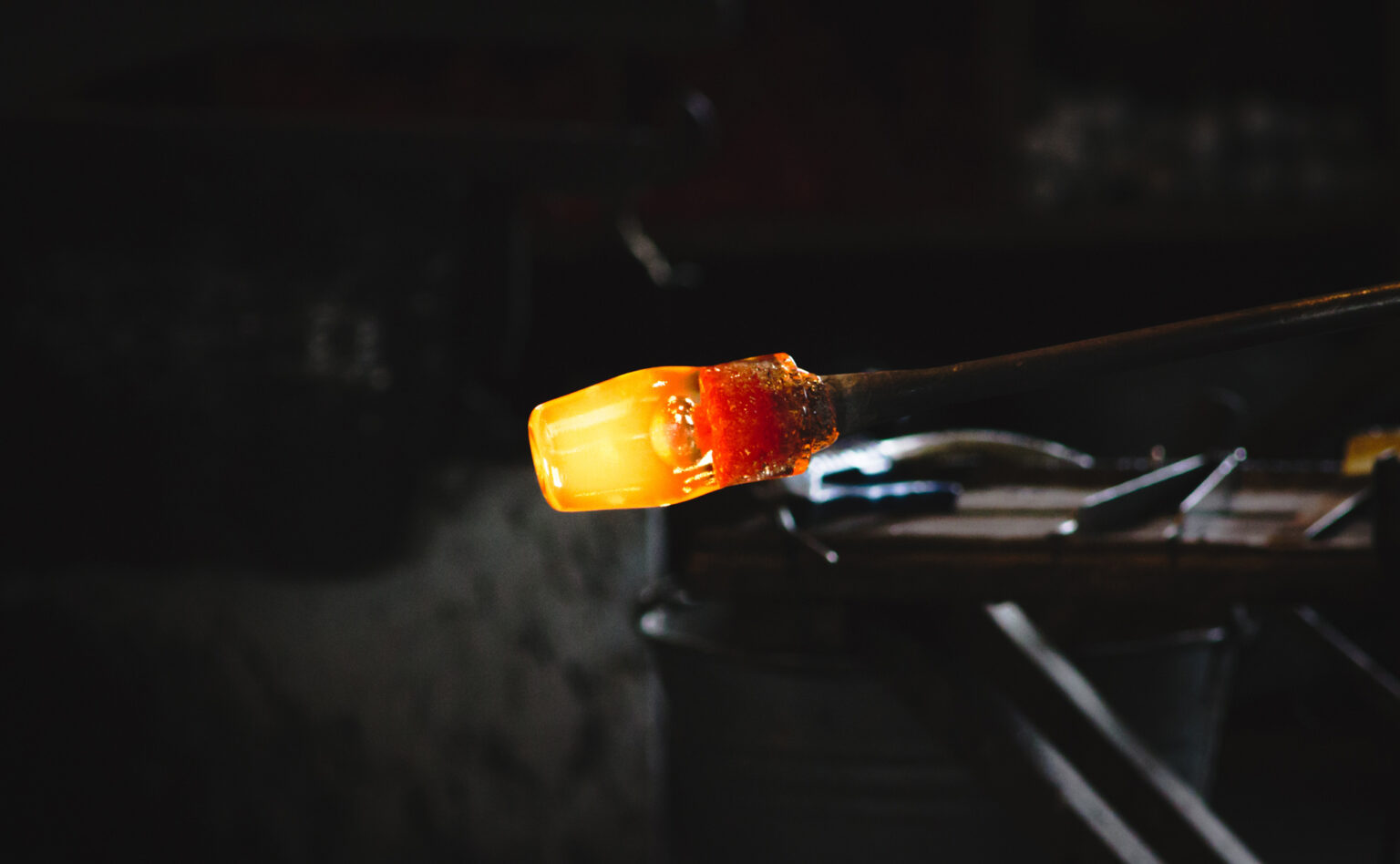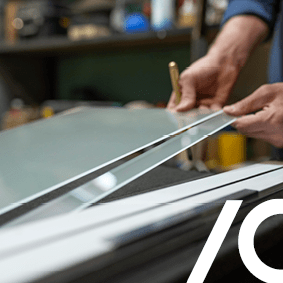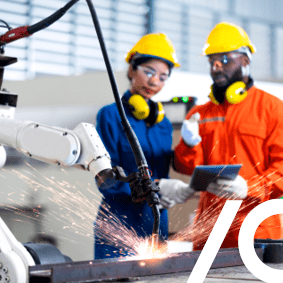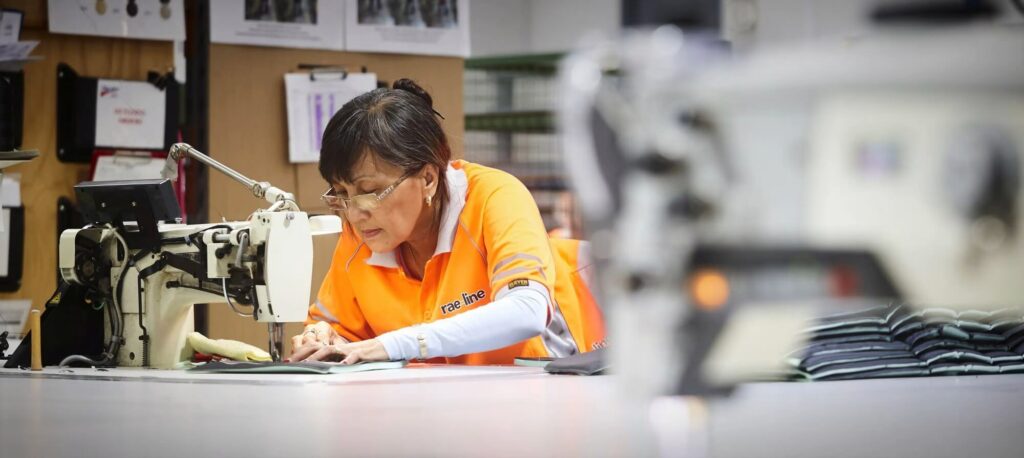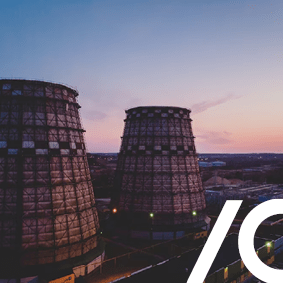 Energy.
Energy.
Energy.
Glass manufacturing is energy-intensive, whether at the commodity end of the spectrum or in speciality niches. Glass and ceramic production also emit significant levels of CO2.
Real-time data collection ensures that machinery is operating at optimum efficiency. Spikes in energy are detected quickly, and heat recapture and recycling systems are operating at optimal efficiency. Process transparency enables the optimisation of employee activity and close management of jobs and machinery.
The Challenge Series: How to optimise processes with effective scheduling